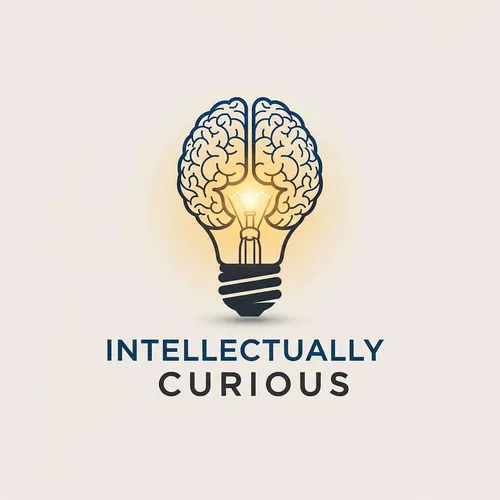KBLAM: The Knowledge Token Revolution in Language Models
- Author
- Mike Breault
- Published
- Wed 19 Mar 2025
- Episode Link
- None
We explore Knowledge Base Augmented Language Models (KBLAM) from Microsoft Research, uncovering how it represents structured knowledge as continuous knowledge tokens and injects them via a rectangular attention mechanism for linear scaling. Learn the three-step pipeline—knowledge encoding, integration, and efficient retrieval—why this approach avoids heavy retraining, and how dynamic, interpretable knowledge can make LLMs more reliable as knowledge bases grow.
Note: This podcast was AI-generated, and sometimes AI can make mistakes. Please double-check any critical information.
Sponsored by Embersilk LLC
